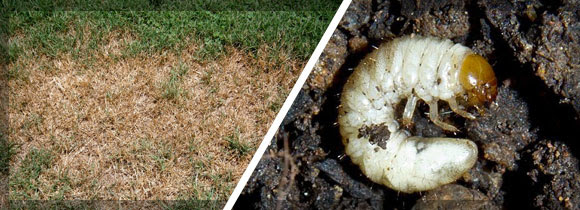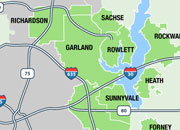2017 Round 2 Lawn Care Applications
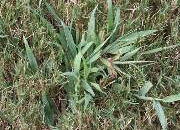
Crabgrass
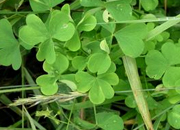
Clover
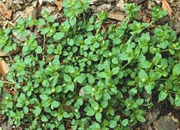
Chickweed
March has arrived quickly as this year’s summer is rolling. There is no slowing anything down this year and we are keeping pace to make sure your lawn is healthy and full! Our team will soon be starting our second application of the year. This application will focus on broad leaf weeds like chickweed, and clover as well as some of our first warm season weeds like crabgrass.
If you see us around, feel free to ask us any questions you might have! As always, we’ll leave directions for any follow up lawn care steps and we look forward to helping to keep your lawn simply greener.
2017 First Round Applications Have Started
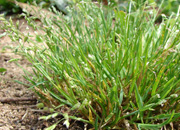
Poa Annua

Dandelion
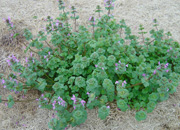
Henbit
You might have already started seeing us around as we visit to apply our first round of pre-emergent for cool season weed control. This application will keep your lawns a beautiful, even beige as we treat for broad leaf weeds like henbit, dandelion, and thistle. We’ll also be treating for grassy weeds like winter rye, poa annua, and rescuegrass.
Is It Time To Scalp Your Lawn?
Not yet! This Winter has been unseasonably warm and that has meant that many plants have started budding and sprouting already. Your lawn might have even started showing signs of greening up, but if you can, wait to scalp your lawn. North Texas is known to get freezes as late as mid-March and removing all that winter coat too early leaves your young, new grass exposed to possible cold damage and weeds.
What If I Already Started Mowing?
If you’ve already started your summer mowing regimen, don’t worry! Our first round application is heavily focused on pre-emergent to help keep any weeds that might be trying to take advantage at bay. As the warmer weather becomes more stable, we’ll be working more fertilizer in our applications to help fill out your incoming summer lawn.
Ask Us Your Questions
If you see us around, feel free to ask us any questions you might have! As always, we’ll leave directions for any follow up lawn care steps and we look forward to helping to keep your lawn simply greener.
2017 Spring Maintenance Tips
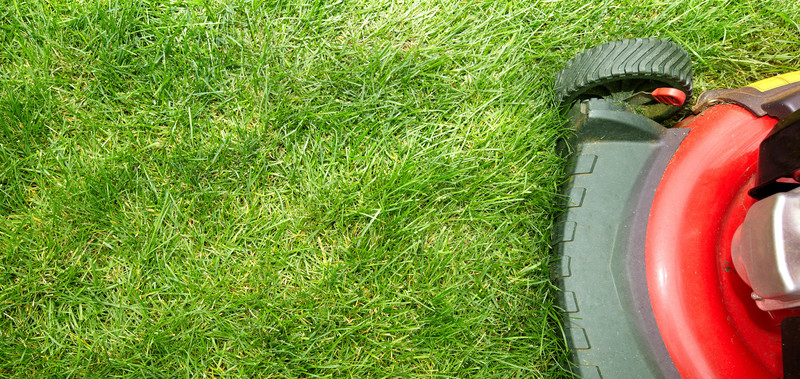
Spring is here and with this year’s early warm weather, it’s definitely time to start talking about ways to make your lawn bright and green this summer!
When Should I Scalp My Lawn?
The first mow of the season is the perfect time to remove the extra grass that has kept your lawn safe during the winter. Set your mowers half an inch lower and help the sunlight get to that new growth faster. Luckily, we’ve had plenty of rain so far to keep your lawn from drying out, but keep an eye on it after the first mow to make sure it doesn’t get too thirsty.
Test Your Sprinkler System
These March showers (and hail storms) have kept the ground nice and wet, but it won’t be long before the summer heat is here in full. Now is the time to run your sprinkler systems to make sure all your heads are spraying correctly. Not sure how long to set each station? Contact us and we can be sure to include our signature rain gauge in your next service!
Top-dress Your Lawn and Fill Any Holes or Low Spots
With the Spring grass just starting to peak out, now is the perfect time to add some extra soil or sand to any low spots or washed out areas you might have.
Call With Any Concerns!
As we move into treating for warm weather weeds, now is the time for you to tell us how your lawn is doing and what we can do to make it better! Conctact us today at 972-840-8899 or send us an email to let us know if you’re seeing any weeds or problem areas in your lawn. An ounce of prevention is worth a pound of cure.
Merry Christmas from Simply Greener Lawn!

As another year draws to a close, we value the opportunity to count our blessings and appreciate all the things that are truly important. So, to each and every one of our customers who allow us to serve you, we’d like to say, “Merry Christmas and thank you!”
Grub Worm Preventative
Don’t miss this chance to save your lawn from grubs!
Every lawn has a certain amount of grubs. The question is, “Do I have an infestation?” If you had grub damage in the past, you are more susceptible to having it again. Like most insect problems, it continues from year to year and progressively gets worse.
Read more »

